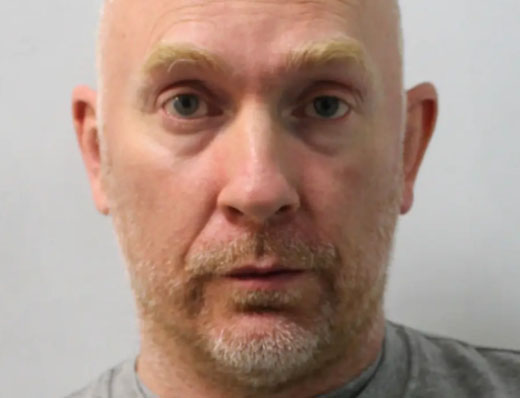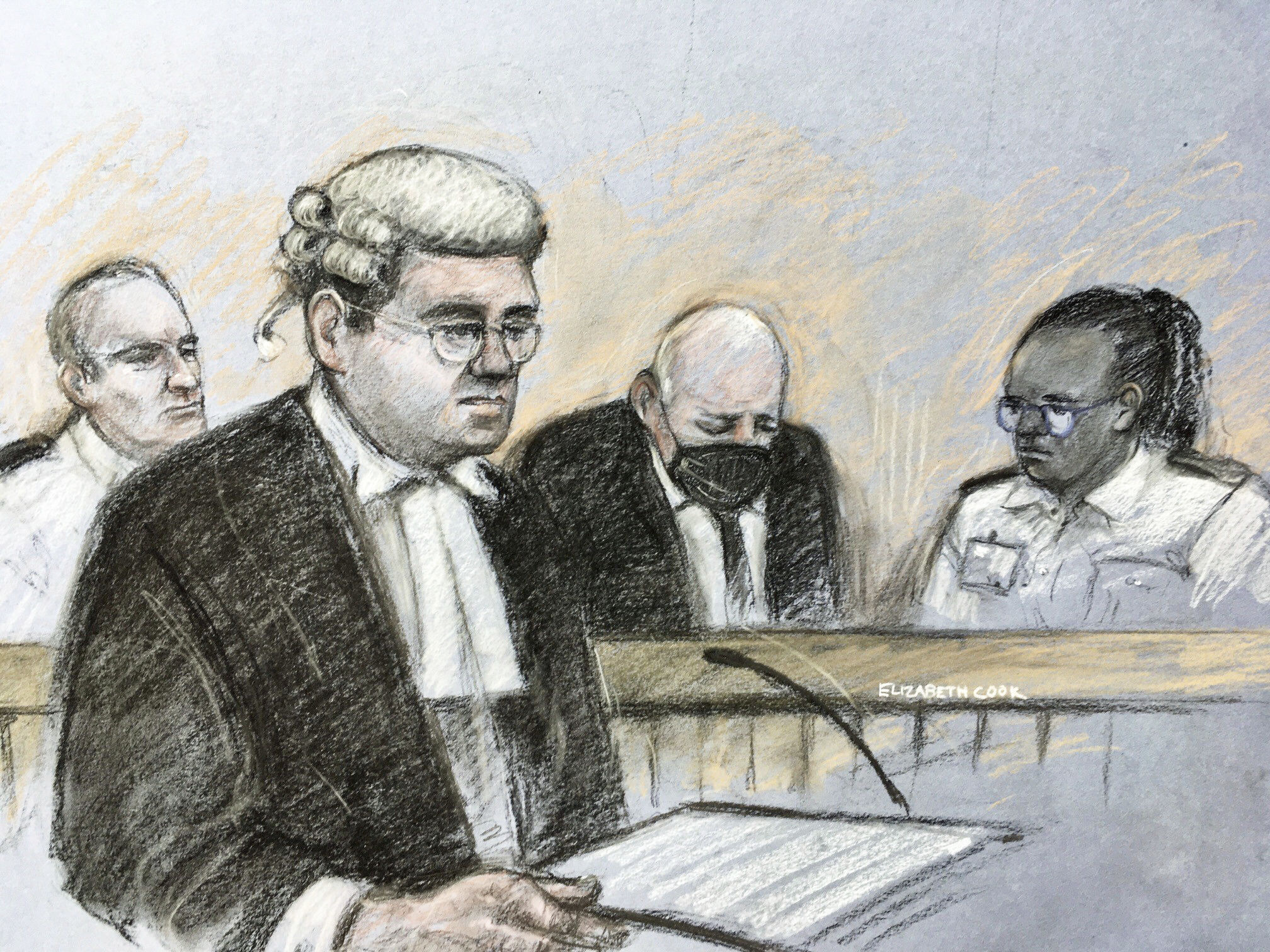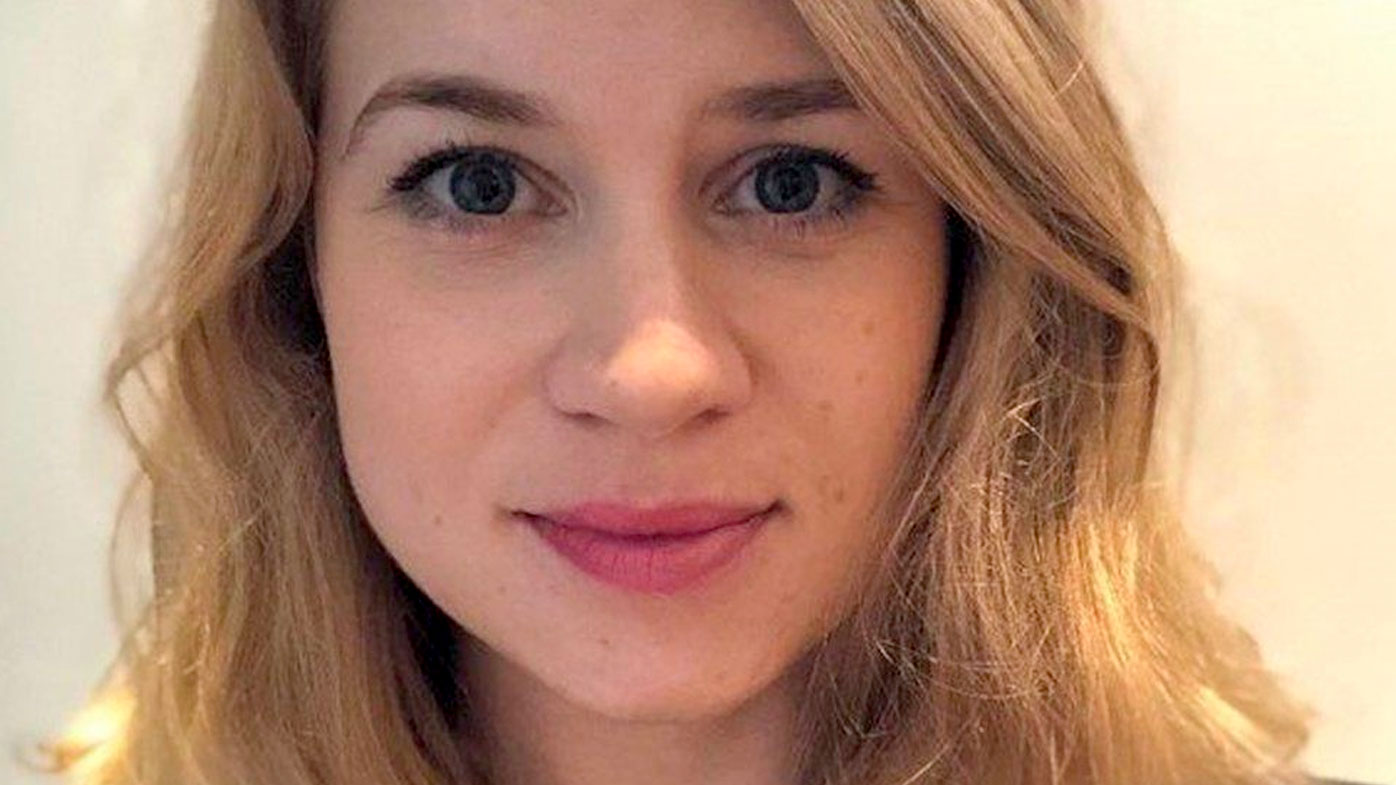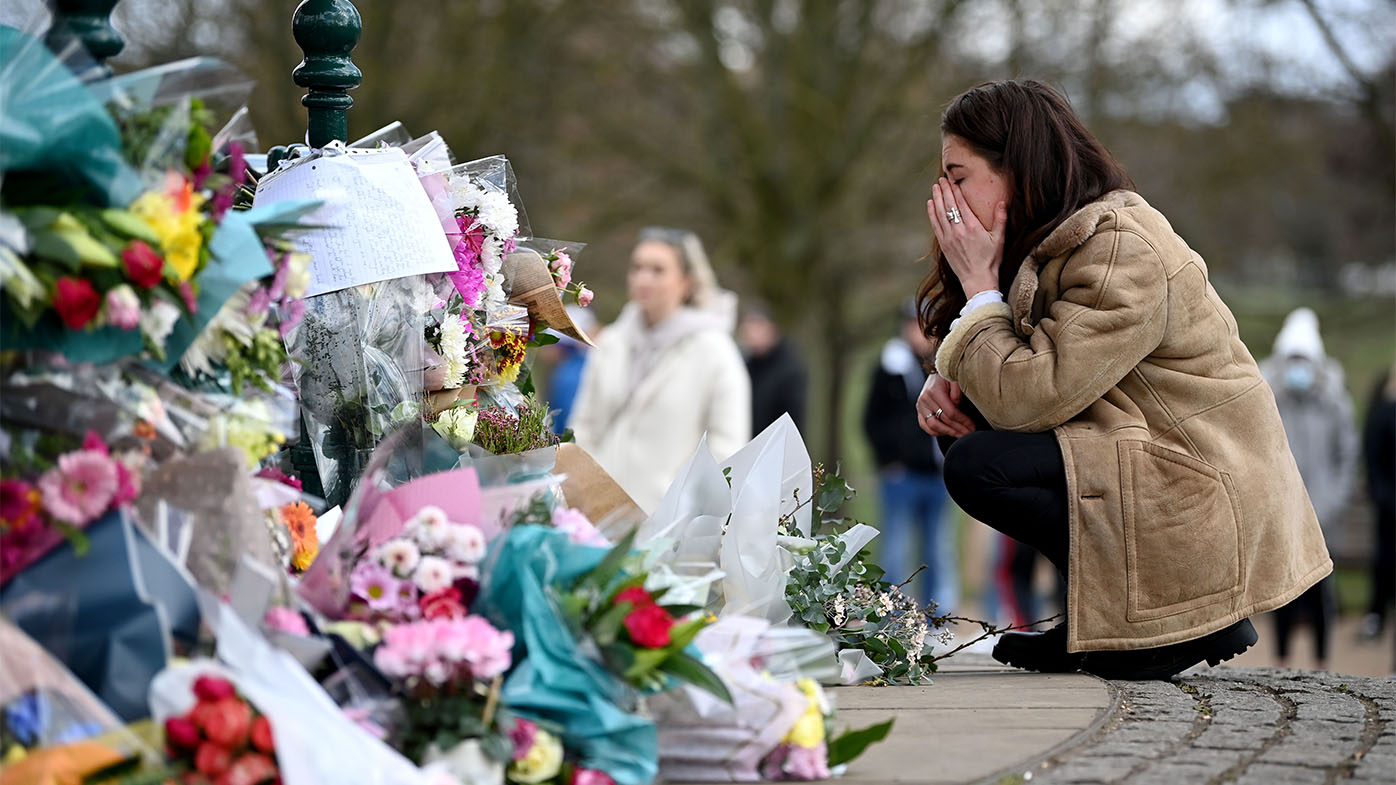After weeks of planning, a former London police officer was "hunting a lone young female to kidnap and rape".
By 9.30pm on March 3, all that was missing was his victim: Sarah Everard, 33, intelligent, compassionate and loved by so many, a "blameless victim" of an abuse of police power so grave it has shaken faith in the force and been equated with ideological, religious or racist killings.
The sickening details of a crime deemed so serious the 48-year-old murderer Wayne Couzens will never be released — one of only a few dozen currently consigned to such a fate in the UK — are laid out in Lord Justice Fulford's sentencing remarks delivered on Thursday.
READ MORE: Victoria records staggering 1438 new COVID-19 cases

They describe the research trips to London starting a month out from the murder and the way he calmly "attended to the inconsequential details of family life whilst grimly covering" his tracks in the aftermath.
Ms Everard, walking home from visiting a friend during the pandemic, was a "blameless victim of a "devastating, tragic and wholly brutal" crime.
Using his privileged status, Couzens handcuffed the marketing executive and coerced her into a car hired for this exact purpose, most likely misusing the COVID-19 lockdown as false justification.
Prosecutor Tom Little Little said Couzens wore his police belt with handcuffs and used his police warrant card when he detained Ms Everard "by fraud."
CCTV footage — just seconds of 1800 hours collected in what the judge called the "most impressive police investigation" she had seen — shows the moment the killer stops his victim on the street.
But a passing passenger thought they were witnessing exactly what Couzens appeared to have designed the kidnapping to look like: an undercover police officer making an arrest.
By this point he'd made at least three unexplained visits to the capital to research his crime, dating back to January.
READ MORE: The futuristic nuclear mega yacht designed to save the world

Then there was the purchase of a police standard issue handcuff key from Amazon on February 10, self-adhesive carpet protector film ordered on February 28, and 14 hair bands bought just 90 minutes before Ms Everard was taken from Poynders Road in Clapham, south London.
What happens next is less clear but it's known the killer's phone pinged a cell tower some 100km away in England's south and he changed from the hire car to his own SEAT vehicle in Dover.
The victim's mother, Susan, said her daughter "spent the last hours on this earth with the very worst of humanity."
"She lost her life because Wayne Couzens wanted to satisfy his perverted desires. He treated my daughter as if she was nothing and disposed of her as if she was rubbish," she said.
"I am haunted by the horror of it."
It's believed Ms Everard was raped sometime after midnight and "highly likely" she was dead by 2.34am, when Couzens bought some soft drinks at a BP in Dover South.
At 8.14am, he bought hot chocolate and a Bakewell tart.
In the following days he acted normally at home, even making dental appointments for his children, while trying to cover his tracks.
A March 5 call to make a vet appointment for the family dog in which he sounded "controlled and normal" took place on the same day he bought a plastic container of petrol and burnt Ms Everard's body in Hoads Wood in Kent.
READ MORE: Ancient treasure discovered by freedivers off Spanish coast

"Within three days of the murder the defendant took his family on a trip to the woods, close by to where he had deposited, burnt, moved and hid the body of Sarah Everard, allowing his children to play in that area," the judge noted.
"In due course he cleaned the exterior of his Seat motorcar."
Lord Justice Fulford said the crime was of "equal seriousness as a murder carried out for the purpose of advancing a political, religious, racial or ideological cause."
Hence why it deserved the UK's harshest penalty, a whole-life order with no prospect of release.
"During the period before your arrest, there was never a moment when you gave the slightest indication of regret, following perhaps the realisation of the enormity of the dreadful crimes you had committed," the judge said.
"Instead, you simultaneously attended to the inconsequential details of family life whilst grimly covering your tracks, with all the appearance of a man acting with quiet and unconcerned determination.

"The substantial CCTV footage and similar material does not give the slightest hint of someone in trauma, who has started to have second thoughts in the cold light of day about what they have done."
Ms Everard's disappearance prompted an outpouring of grief and rage across social media from women sharing their own experiences of sexual assault, while also shining a light on the epidemic of violence against women and girls in the UK.
"You have very considerably added to the sense of insecurity that many have living in our cities, perhaps particularly women, when traveling by themselves and especially at night," Lord Justice Fulford told Couzens during the sentencing.
One woman is killed by a man on average every three days in the UK, according to data from the Femicide Census, an organisation that tracks violence against women and girls. The group argues that the government's new strategy to curb such violence "shamefully ignores" victims of femicide.
The government promised to take action to tackle violence against women and girls, but activists and the opposition say the steps it proposed were not adequate.

London's Metropolitan Police force has also faced a barrage of criticism for their actions in the days after Everard's disappearance.
Women were reportedly warned by police officers not to venture out alone as they made door-to-door inquiries on the case, prompting some to comment that this approach only fuelled the culture of victim blaming.
https://twitter.com/metpoliceuk/status/1443134247221481476?ref_src=twsrc%5EtfwMeanwhile, the police regulator, the Independent Office for Police Conduct (IOPC), is investigating whether the Met responded appropriately to a report that Couzens indecently exposed himself at a South London fast food restaurant in February.

The IOPC is also investigating alleged failures by Kent Police to investigate another indecent exposure incident linked to Couzens from 2015.
Speaking outside the court on Thursday, the Met Police Commissioner Cressida Dick said Couzens had brought shame on the police.
"There are no words that can fully express the fury... and sadness that we all feel about what happened to Sarah. I am so sorry," she said.
from 9News https://ift.tt/3zUrImJ
via IFTTT


0 Comments